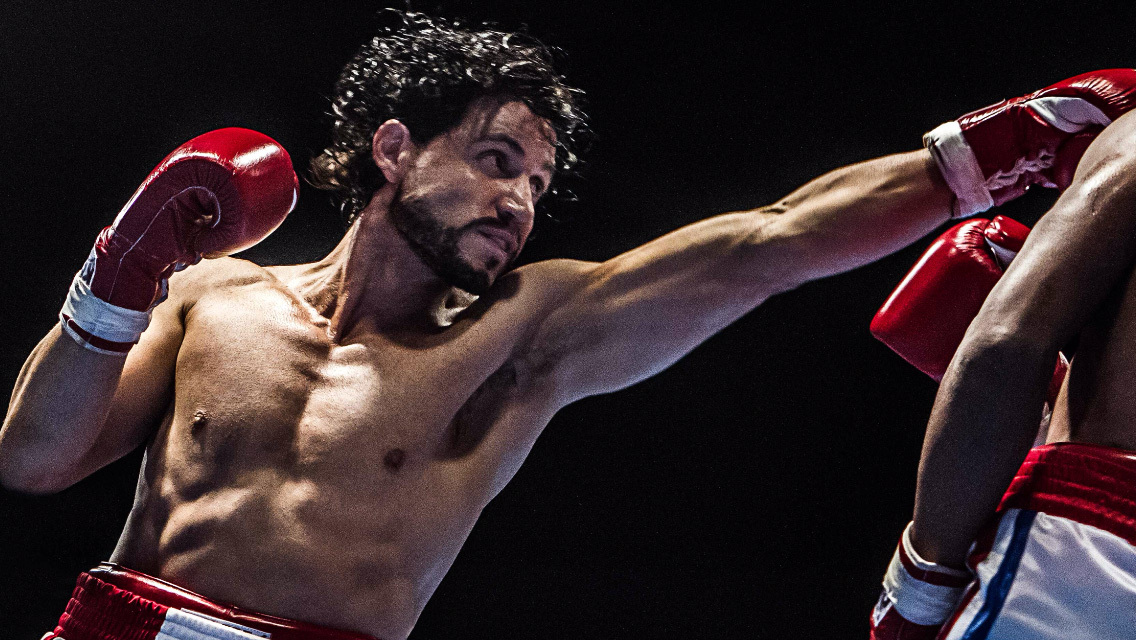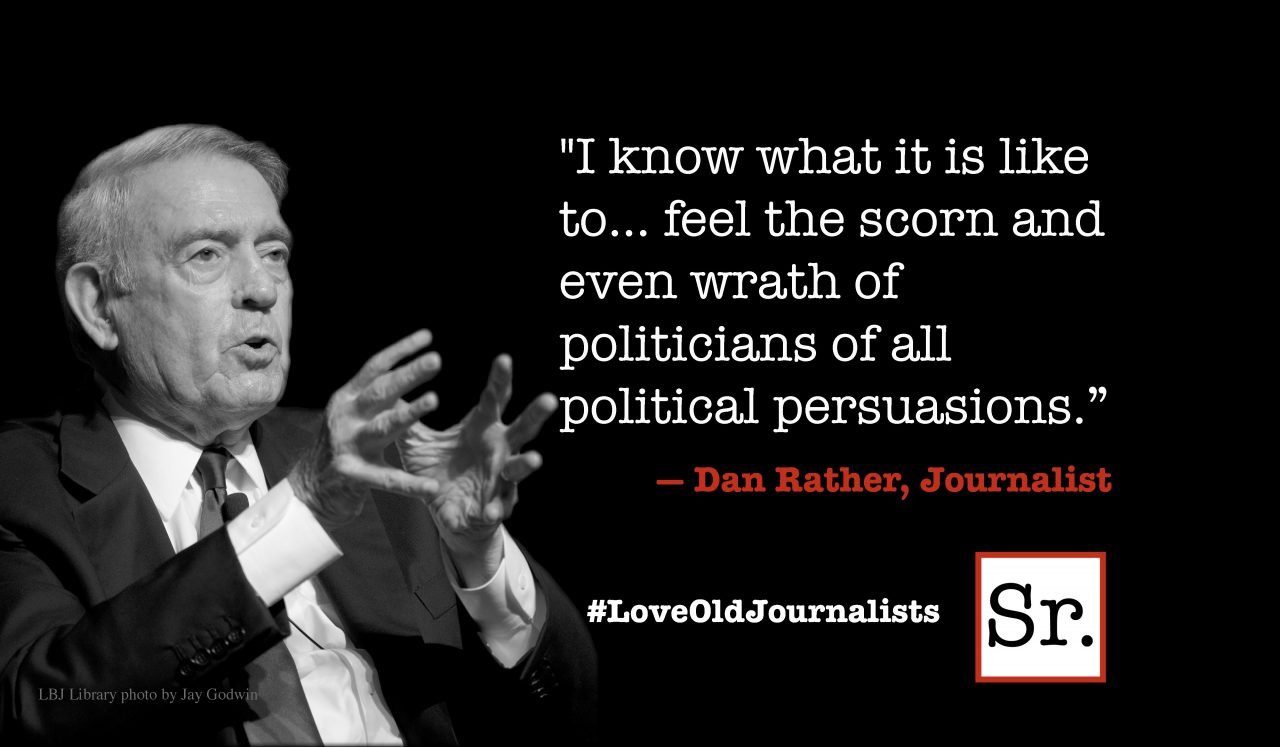"Hands of Stone" is "Raging Bull" lite — a boxing biopic minus the genius of Martin Scorsese.
But it does have Robert DeNiro.
Written and directed by Venezuelan Jonathan Jacubowicz, the film takes on the troubled life and career of Roberto Duran, the Panamanian pugilist whose ring experiences were as much a product of his dysfunctional childhood and Third World resentments as they were of hard sweat and tremendous innate talent.
In a decade of championship fighting, Duran held the lightweight belt, engaged in a long-running war of words — and blows — with American champ Sugar Ray Leonard, and sometimes behaved in private and in the ring like a spoiled child.
"Hands of Stone" feels like an attempt not to excuse that behavior, but to put it in perspective.
Early scenes establish Roberto as the son of an American soldier who impregnated his mother and then vanished, setting up in the future boxer a lifelong antipathy toward the United States. That fury was only stoked by political upheaval in Panama over efforts to take back the Canal Zone from the gringos (the American-run canal, guarded by U.S. soldiers, effectively divided the country in half).
We see the young and charming — also unschooled and illiterate — Roberto (played as an adult by Edgar Ramirez) wooing a wealthy blonde schoolgirl, Felicidad (Ana de Armas), and starting a family even as his career is taking off.
In a sense "Hands of Stone" is a dual biography, its second subject being boxing trainer Ray Arcel (DeNiro).
When in 1971 he first saw Duran fight, Arcel had been out of boxing for nearly 20 years. In the early ’50s he had incurred the wrath of the mobsters (represented here by John Turturro) who ran the boxing business. He barely survived an assassination attempt and was allowed to live only if he steered clear of the fight game.
But he’s so moved by Duran’s potential that he gets the Mafia’s permission to train the kid with no pay.
Roberto is cocky and tough, and at first, resents the discipline Arcel demands. But slowly he begins to see his trainer’s genius, especially when it comes to mapping out the strategies that can win or lose a fight.
"Hands of Stone" follows Duran’s rapid rise and pivots on his championship fight with Leonard (played quite ably by pop star Usher). Roberto was contemptuous of this "pretty boy" opponent who often danced himself out of trouble (Roberto preferred toe-to-toe pounding); before the fight, Duran verbally assaulted Leonard in a restaurant and called the champ’s wife "a whore."
Whether this was a savvy strategy or simply an evil impulse, it did a psychological number on Leonard, who instead of fighting his fight ended up fighting Duran’s fight — and losing a close decision.
Once he had the belt, Duran went into a downward spiral — drinking, drugs, chasing women, even getting violent with his wife. He gained nearly 40 pounds and then had to lose them in just a few weeks for a rematch. This time Leonard didn’t fall for the mind tricks and a frustrated Duran simply quit fighting in the final rounds, announcing from the ring his retirement.
"Hands of Stone" often throws too much at us. There are numerous flashbacks and a subplot involving Ray Arcel’s heroin-addicted adopted daughter that threaten to bog things down.
Writer/director Jacubowicz clearly admires Roberto Duran’s ring skills, even as he tsk-tsks the fighter’s personal misbehavior. The resulting film is equal parts praise and put-down.
The performances are fine. Ramirez (he was Jennifer Lawrence’s live-in-the-basement ex in "Joy") has a terrific screen presence and shows himself ready for more leading-man material; DeNiro does a fine job as the principled mentor saddled with a talented wild man.
And there are a couple of very well staged moments, like a 20-second fight montage that shows Roberto growing from a boy to manhood, and a chase through the alleys of Panama City shot as if from a balloon floating overhead.
The fight scenes have been edited for maximum action and impact; there’s no strategy on display, just furious movement. Not so improbable as a "Rocky" bout, but not nearly so arty as “Raging Bull’s” violent encounters.
In the end, "Hands of Stone" will appeal mostly to boxing fans.









